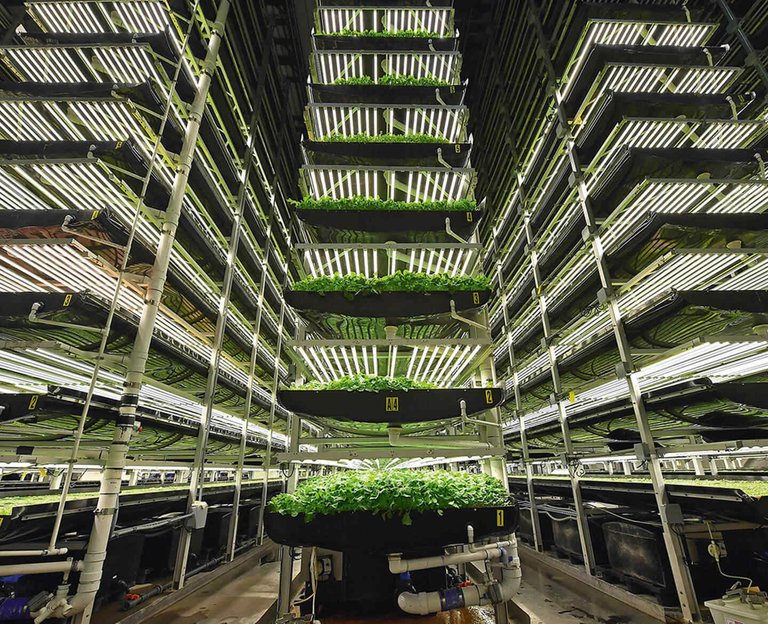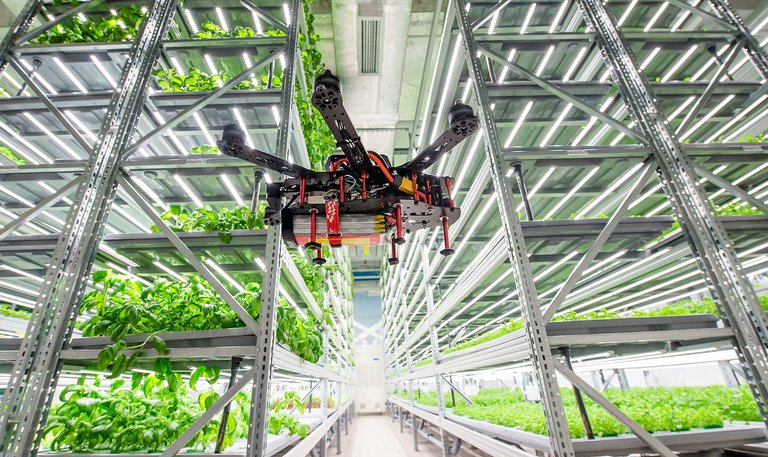Vertical Farming Will Bring a Change to the Agric Industry
Farming, defined as the cultivation of soil and the rearing of plant for human consumption. This definition has gone stale and obsolete with the invention of vertical farming where farmers cultivate crops without the use of soil but rather in house/buildings known as vertical buildings, with automated system which uses dedicated software.
Vertical farming can be a very good solution to crops who suffer from land with soil erosion, draught, and so on but unlike the normal farming which is done in far secluded lands far away from modernization, vertical farms are in buildings which are situated in cities thereby making it more profitable for farmers as they cut a lot of processes which would make its cost of production high and reduce profitability.
With vertical farming, there is no need for herbicides or pesticides, food contamination as a result of air pollution and no insect infestation because the farm is enclosed. Vegetables are always available both in and out of season. The temperature is controlled by software and if there is an alteration in any of the processes, it can lead to destruction of crops.
Is it possible for vertical farming to help reduce the rate of greenhouse gasses produced around the world, with respect to carbon emission from tractors and other chemicals?
Reference
https://www.thebalancesmb.com/what-you-should-know-about-vertical-farming-4144786
https://www.ft.com/content/0e3aafca-2170-4552-9ade-68177784446e


Hi @eni-ola
Agriculture accounts for only 30% of total global greenhouse gas emissions; in this sense, vertical farming could obviously contribute to the reduction of greenhouse gas emissions to the extent that it is part of the activities in this area.
not only can it help reduce greenhouse gases, but this type of agriculture will be the one that allows humans to colonize other planets, by establishing farms with earth-like conditions, this industry has the potential for the future of humanity.